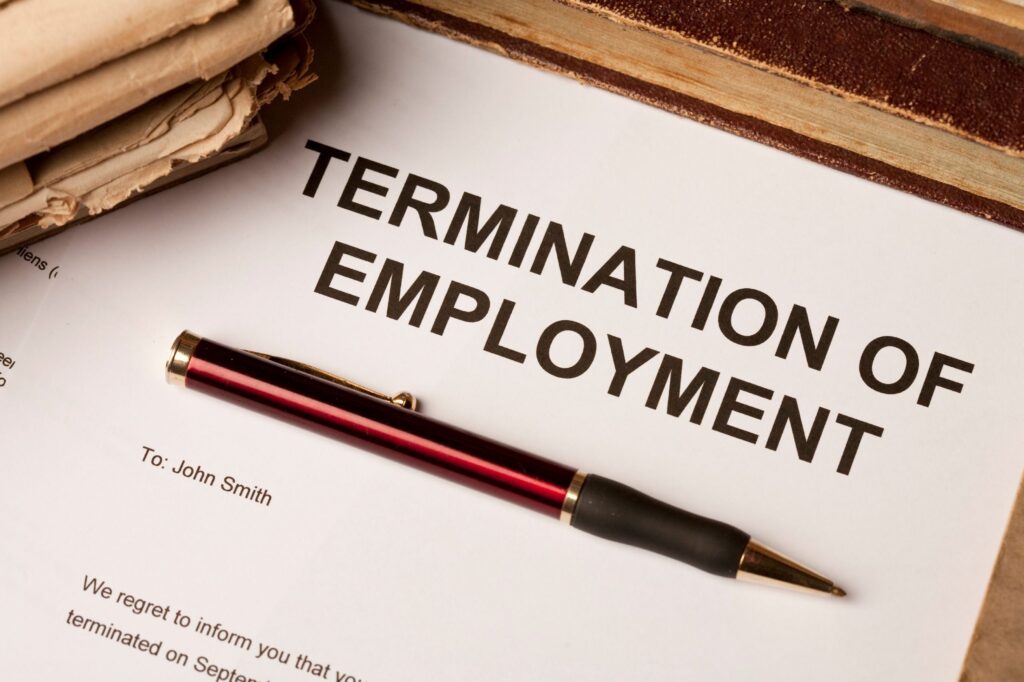First published: October 23rd 2023
Last updated: October 23rd 2023
There’s a compliance deadline for organisations with 50 or more employees coming up under Ireland’s updated whistleblowing legislation.
Under the Protected Disclosures (Amendment) Act 2022 (the 2022 Act), all private sector organisations with 50 or more employees must have an internal reporting channel in place for protected disclosures by 17 December 2023.
Internal reporting channels
The Protected Disclosures Act 2014 imposed an obligation on public bodies to put reporting channels in place and to maintain a protected disclosure policy.
Under the 2022 Act, these legal obligations apply to private sector organisations. From 17 December 2023, all private sector organisation with more than 50 employees must establish an internal channel for receiving disclosures as well as a procedure for managing disclosures.
Timely responses
This procedure includes a requirement to acknowledge receipt of the disclosure in writing no later than 7 days after it is received. The legislation also requires employers to appoint a designated impartial person to process the disclosure and to ‘diligently follow up’ and communicate with the employee who made the disclosure.
Three-month timeline
‘Follow-up’ is defined in the 2022 Act as any action to assess the accuracy of the information contained in the employee’s disclosure and, where relevant, to address the relevant wrongdoing reported, through further steps such as an internal inquiry, an investigation, prosecution, an action for recovery of funds or the closure of the procedure (if there is no prima facie evidence of relevant wrongdoing).
‘Feedback’ means providing the employee who makes a disclosure with information on the action envisaged or taken as part of the ‘follow-up’ and on the reasons for such follow-up. Feedback must be provided to the reporting employee within a 3 month timeframe which may be extended to 6 months if the disclosure involves complex matters.
If the disclosure reveals a relevant wrongdoing, ‘appropriate action’ must be taken to address the relevant wrongdoing, considering the nature and seriousness of the matter concerned.
Criminal Sanctions
The 2022 Act also creates a range of criminal offences and sanctions. Employers who hinder a whistleblower from making of a protected disclosure or penalise a worker for making a protected disclosure could face criminal liability.
Depending on the nature of the offence, employers may be liable to punitive fines starting at €75,000 and rising to €100,000 or in some cases €250,000.
Certain officers of a business may also be liable to serve up to 12 months in prison on summary conviction or up to 2 years on indictment. Employees will also be subject to criminal liability should they make a protected disclosure based on information that they know to be false.
Ensure your organisation is ready for December deadline
If you employ 50 staff or more, you need ensure your whistleblower policies and procedures are updated in compliance with the 2022 Act and that the appropriate reporting channels are in place.
You also need to confirm who is in the best position to be the designated impartial person(s) and consider whether they will need relevant training to carry out that role. You may of course appoint an external third party to act as the designated impartial person.
Need expert guidance with employment law compliance
The December deadline is fast approaching.
For help with training line managers how to process protected disclosures or more general compliance advice on this new law, contact us today on 01 886 0350








